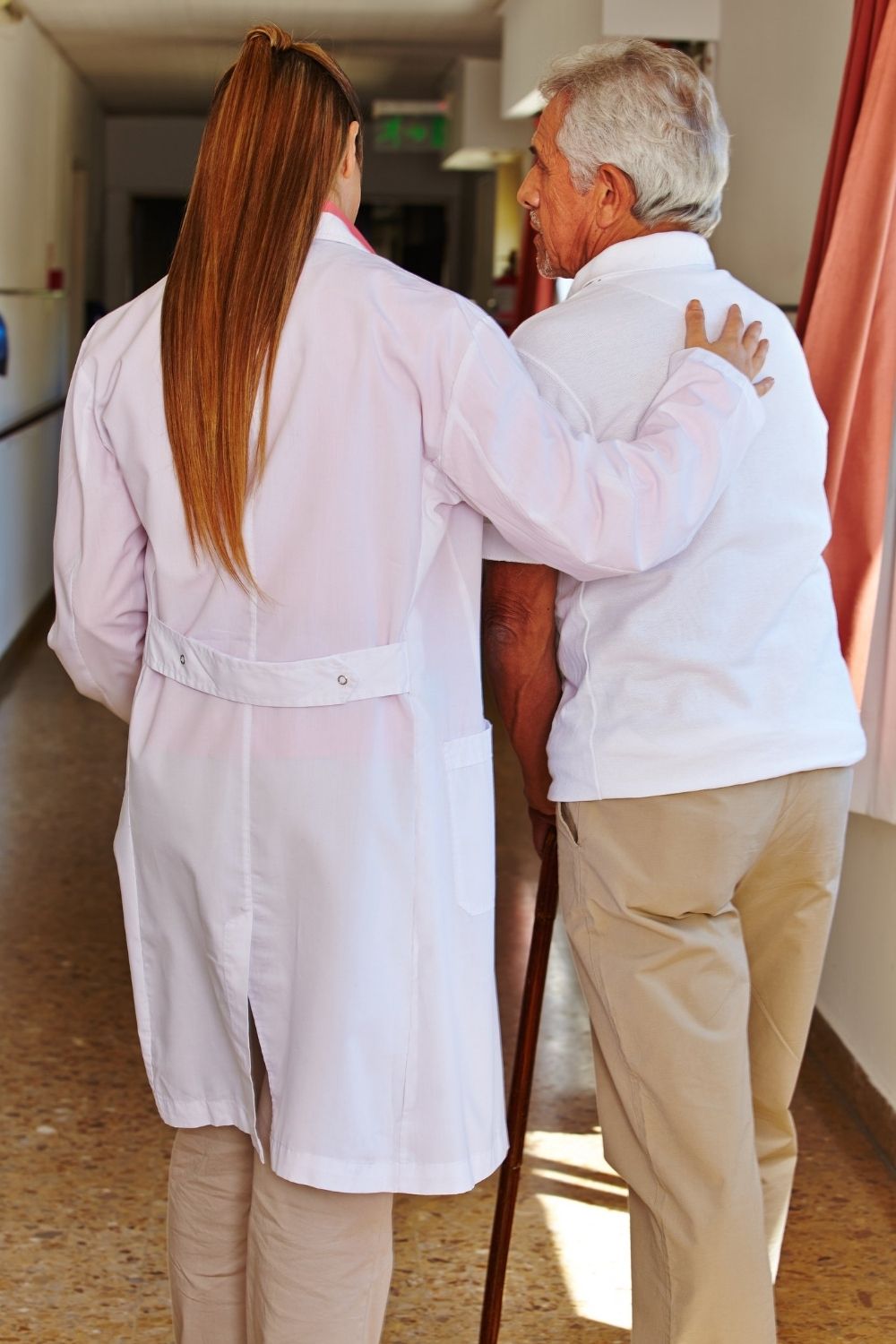October is Patient-Centered Care Awareness Month
Patients and families play an important role in the delivery of healthcare
October is Patient-Centered Care Awareness Month, a time to reflect on the important role that patients and families play in the delivery of healthcare. This means that nurse navigators and hospital staff members across the country will be raising awareness to their commitment to focus on compassionate, patient-focused care.
What is Patient-Centered Care?
Patient-centered care is more than hospitality. It is more than amenities and inviting surroundings. Patient-centered care creates positive impressions and satisfying experiences, but beyond that, it improves lives. Patient-centered care engages the patient on all levels: emotionally, physically, spiritually, intellectually and socially.
Patient-centered care creates workplaces that energize and inspire joy at work. It improves health outcomes and unites communities around health and wellness.
Research has shown that when patients and their families are engaged in their own care team, they:
- make more informed decisions;
- are more likely to adopt healthy behaviors;
- report more positive patient experiences; and
- achieve better health outcomes.
8 Key Principles to Patient-Centered Care
The main goal of a patient-centered care model is to improve individual outcomes—when patients are more involved in their own care, they often recover more quickly and are more satisfied with the care they receive.
Patient-centered care is often discussed using the framework created by the former Picker Institute, a nonprofit organization dedicated to advancing the principles of patient-centered care. This framework included eight key principles, outlined below.
Respect for patient values, preferences, and needs
As mentioned previously, patient preferences should be considered during person-centered healthcare decisions, as this will foster a relationship of respect and collaboration.
Information and education
Involvement of family and friends
Access to care
Healthcare organizations aiming to provide person-centered care should do their best to streamline appointment scheduling, make referrals accessible, and provide information on transportation options.
Physical comfort
Emotional support and alleviation of fear
Coordination and integration of care
Continuity and transition
Contact Us
SR Care Office
(509) 574-6139
Alternate Phone
(509) 574-6105
Fax
(509) 574-6138

